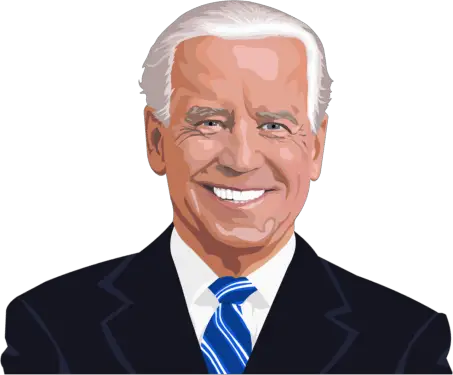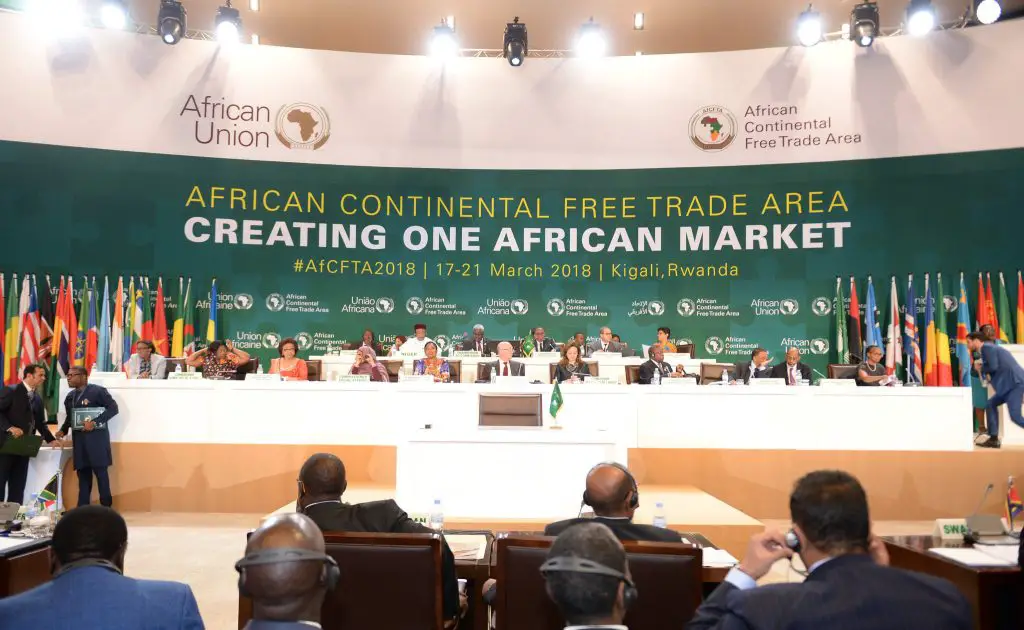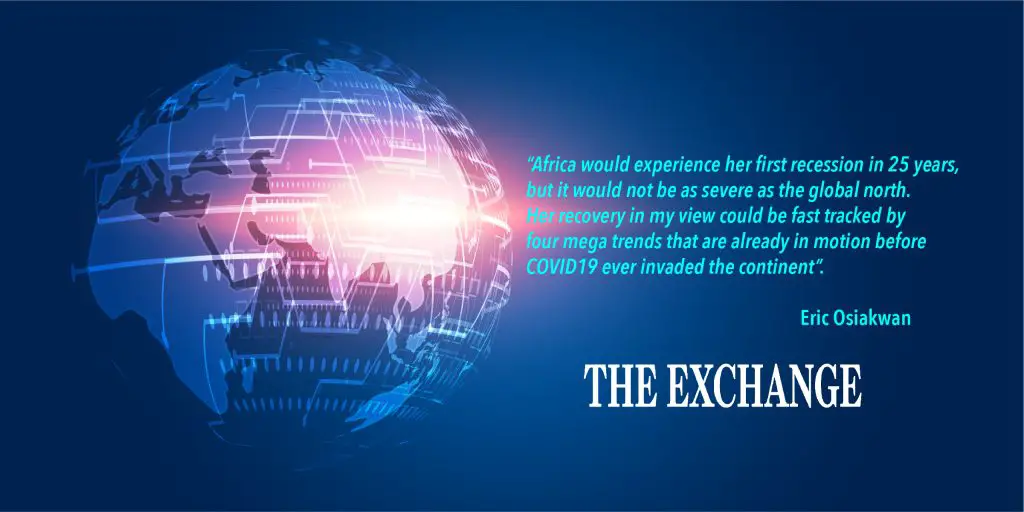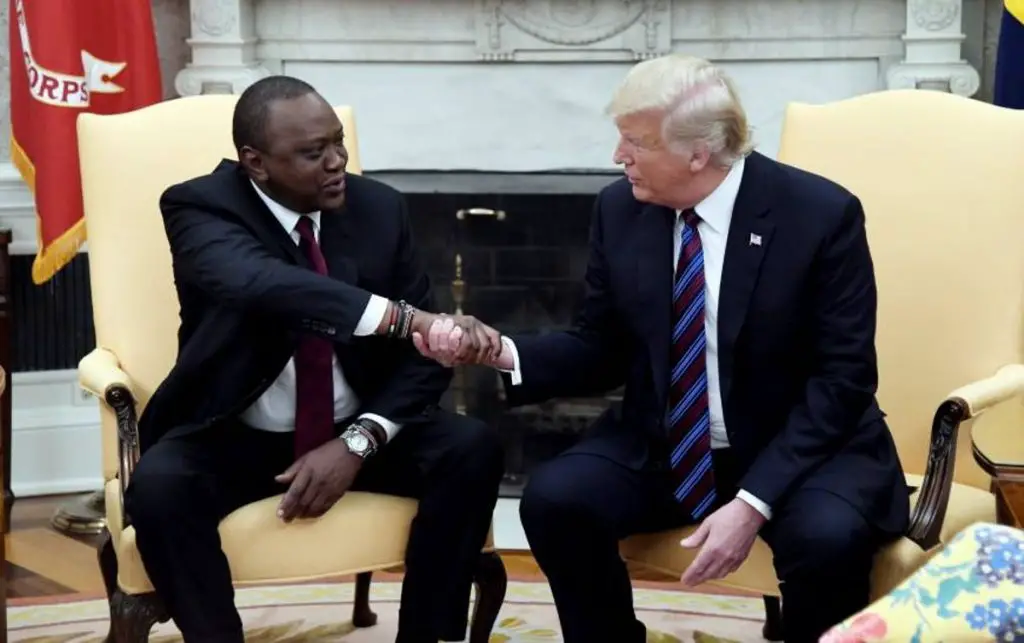- Agribusiness could drive Africa’s economic prosperity
- Dawood Al Shezawi: Why AIM Congress 2024 is the epicenter of global economic and cultural dialogues
- d.light’s 600,000 cookstoves project verified as top source of quality carbon credits
- Artificial intelligence (AI) could create a turning point for financial inclusion in Africa
- AIM Congress 2024: Catalysing global investments with awards
- Kenya’s economic resurgence in 2024
- The most stressful cities to live in 2024 exposed
- Tech ventures can now apply for the Africa Tech Summit London Investment Showcase
Browsing: AfCTA
Those with access to digital infrastructure have not been as economically affected by the pandemic as those with no access.…
It looks like a Biden victory has for all intents and purposes been decided in the rather interesting election in the US elections 2020, which saw the largest voter turnout since 1990. The result of the elections stands to have a far-reaching effect on African economies and on South Africa in particular.
Why is South Africa of consequence?
The US is one of South Africa’s largest export destinations with 2019 figures indicating exports to the USA valued at ZAR 89 billion ( USD5.7 billion) in iron and steel, precious metals, and mineral products among others. In terms of imports, the US commands a significant share of American imports, a figure that stood at ZAR 83 billion (USD5.3 billion) as of 2019.
South Africa is the second biggest gold producer and the largest procedure of minerals such as chrome, platinum, and vanadium. The country also has a significant agricultural sector …
Most economists see structural transformation as one of the main routes to Africa’s sustainable development. What it means is changing the share of agriculture, manufacturing and services in an economy. It is a central aim of the African Union’s Agenda 2063.
With this aim in mind, economists and policymakers need to know what determines structural transformation. They have flagged factors like demand for goods and services, trade policies, financial development, institutional quality and economic integration.
But researchers haven’t closely examined the way economic integration through trade and finance influences structural transformation.
I therefore set out to study African countries’ integration with the rest of the world and the effect of that integration on their structural transformation. This study provides fresh evidence about whether integration is good for Africa. It also unearths the right levels of integration necessary to increase structural transformation.
Trade and financial integration are both about countries exporting …
Africa appears to have narrowly escaped the level of devastation that COVID19 is wreaking in the global north with China as its entry.[1] As if the virus followed the global supply chain to destroy it.[2] The global supply chain links China to the global north before connecting to Africa[3] so by the time the virus got here African leaders shut the borders – that is the saving grace despite the doom’s day prophecies of Bill Gates.[4] Africa got it right this time around without the help of the western saviors which begs George Ayittey’s famous quote “Africa is poor because she is not free”.[5]
According to the IMF[6] and WorldBank[7], Africa would experience her first recession in 25 years, but it would not be as severe as the global north.[8] Her recovery in my view could be fast-tracked by four mega …
On Sunday, May 10th, statistics from the WorldOmeter showed that New York state had recorded 41 fatalities in 24 hours, down from a high of almost two thousand deaths in Mid April. This was a significant drop in deaths with total US fatalities dropping to below a thousand.
This is a similar drop being recorded all over the world with record low levels being recorded in European hotspots of Italy, France, Spain, and United Kingdown with figures almost going to double digits. It is expected that the effects of the disease might not be felt in a few months.
However, as global figures decline, the same can not be said of Africa which has since a significant rise, blatant disobeying containment measures, and rise of unscientific measures to curb the disease. According to Africa CDC, the AU backed entity, there are 63,293 confirmed cases spread across the continent with 2,290 …
Uhuru and Trump agreed to commence talks leading to a trade pact between Kenya and the US.…
Africa is now more connected, technologically savvy, and focused on enhancing its economic systems compared to 30 years ago. The narrative has changed, from civil unrest and extreme donor-dependent economies, to those with record-high tax collections such as in Tanzania, and information communications and technology (ICT) transformation ones such as Rwanda, Kenya and South Africa. The African GDP has grown to over $2 trillion from about $587 billion in 2000.
Despite the youngest continent’s nations being driven by agriculture—which has also sustained major development, in terms of technology input, funding and research and development, still the continent’s manufacturing industry holds vital potential to stimulate the economy and offer decent livelihood to its vast young human capital, who number over 226 million and who are expected to increase by 42 per cent by 2030 according to the United Nations (UN).
According to Brookings—an American think tank, the future of the manufacturing …










